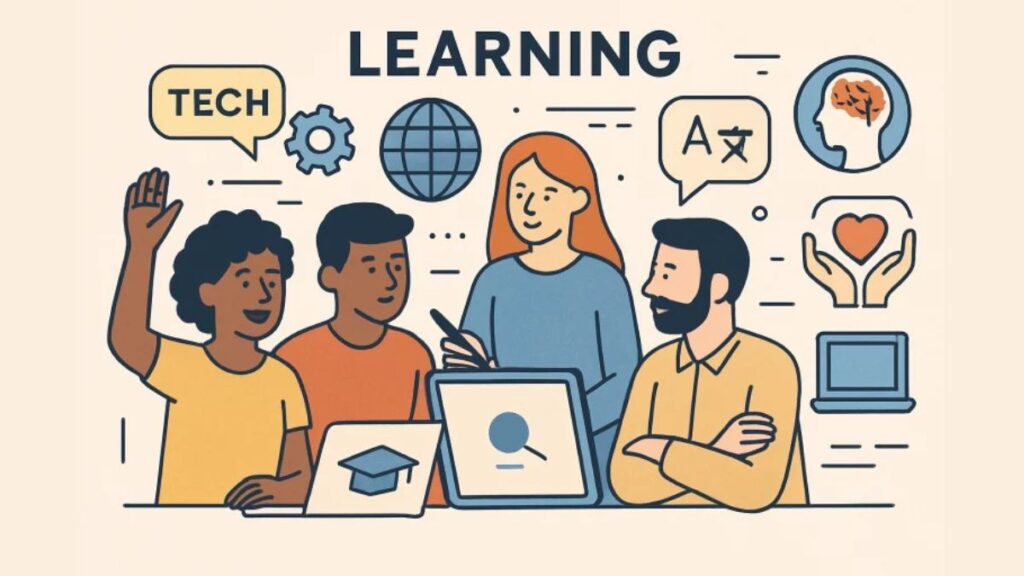Embracing Technological Innovations in Therapist Training
Artificial intelligence and simulation tools are revolutionizing trainee experiences in mental health by providing immersive, adaptive, and interactive patient simulations. These platforms bridge the gap between theoretical study and clinical practice, ensuring new therapists are highly skilled and psychologically ready to address complex mental health presentations.
The rapidly changing landscape of mental health care requires training models that can adapt to new scientific discoveries, emerging client needs, and a technology-driven society. Today, forward-thinking psychotherapy training programs leverage digital tools to transform how therapists are educated and prepared for practice. Institutions such as The Greenane Centre are at the forefront of these advancements, employing contemporary methodologies and online courseware to expand both educational reach and clinical preparedness.
Incorporating Psychedelic-Assisted Therapy into Training Curricula
The growing interest in psychedelic-assisted therapies is causing a shift in therapist training. Research shows these therapies can help treat treatment-resistant mental health conditions like PTSD and major depressive disorder. To ensure ethical and safe use, standardized training programs must cover pharmacology, therapeutic support, ethical considerations, client safety, trauma-informed principles, trust, and rapport.
Addressing the Shortage of Mental Health Professionals
The global mental health crisis is causing a shortage of qualified therapists, highlighting the need for a fundamental reshaping of therapy provision. Organizations and educational bodies are addressing this by offering online programs and flexible learning modalities, and expanding group therapy. The American Group Psychotherapy Association supports this approach, providing guidelines, certifications, and professional development. These measures broaden access and increase resilience in mental health systems, making quality care more accessible even in underserved areas.
Enhancing Cultural Competence in Training Programs
Cultural competence is crucial in mental health training, as services cater to diverse clientele. Modern training programs embed cultural awareness and humility, preparing therapists to work with diverse backgrounds. Through experiential learning, case-based discussions, and reflective practices, trainees develop inclusive strategies and build trust-based therapeutic alliances. Enhancing cultural competence is a moral imperative and a key driver of improved outcomes for marginalized populations.
Integrating Holistic and Trauma-Informed Care
Psychotherapy education needs to incorporate holistic and trauma-informed perspectives. Holistic training emphasizes mental health, physical health, lifestyle, and spiritual beliefs. Trauma-informed care emphasizes safety, trust, collaboration, and empowerment. Trainees learn to recognize signs of trauma, integrate self-regulation, and strengths-based interventions. This helps prevent re-traumatization and supports clients in recovery.
Conclusion
Meeting the challenges of modern mental health care requires agile, multifaceted training that equips therapists for today’s realities and tomorrow’s opportunities. With institutions championing innovation, the future of psychotherapy education is bright, blending technology, ethical best practices, evidence-based interventions, and deep cultural and holistic awareness. As this field continues to evolve, such innovative training will ensure that future clinicians are fully equipped to deliver compassionate, responsive, and transformative care, regardless of the challenges they or their clients may face.






